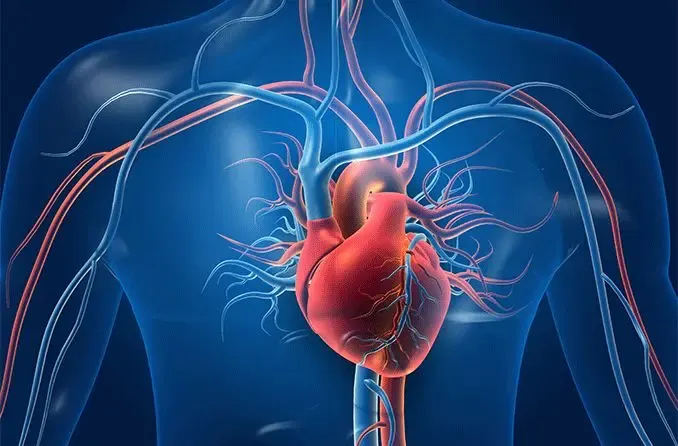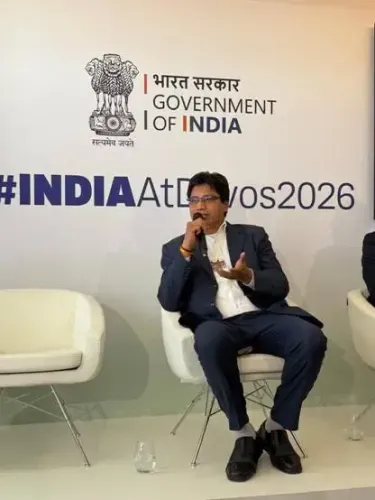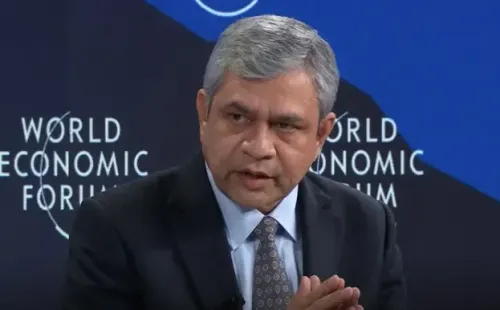Innovative AI Algorithm Predicts Cardiovascular Risks and Heart-Related Fatalities

Synopsis
Key Takeaways
- Novel AI algorithm predicts cardiovascular risks.
- Utilizes ECG data from nearly 500,000 cases.
- Identifies biological heart age to assess risk.
- AI integration enhances predictive accuracy.
- Presented at EHRA 2025 in Vienna.
New Delhi, March 31 (NationPress) A group of researchers from South Korea has introduced an innovative artificial intelligence (AI)-driven algorithm that leverages electrocardiograph (ECG) data to forecast the risk of cardiovascular incidents and heart-related fatalities.
The researchers at Inha University Hospital examined standard 12-lead ECG data from nearly half a million cases to develop this algorithm.
This groundbreaking algorithm identifies individuals at heightened risk for cardiovascular events and mortality by assessing the biological age of the heart, which reflects its functional status.
For instance, a 50-year-old individual with compromised heart health might present a biological heart age of 60, while another 50-year-old with excellent heart health could have a biological heart age of 40.
“Our findings indicate that when the biological heart age surpasses its chronological age by seven years, the risk of all-cause mortality and major adverse cardiovascular events rises significantly,” stated Yong-Soo Baek, Associate Professor at Inha University Hospital.
“On the other hand, if the algorithm predicts the biological heart age to be seven years younger than the chronological age, it lowers the risk of death and major adverse cardiovascular events,” Baek continued.
The research illustrated that incorporating AI into clinical diagnostics opens new avenues for improving predictive precision in cardiology.
“Employing AI to devise algorithms in this manner could signify a potential shift in how we assess cardiovascular risks,” remarked Baek.
For this study, the research team constructed a deep neural network and trained it on an extensive dataset of 425,051 12-lead ECG readings amassed over 15 years. This was subsequently validated and tested on an independent cohort of 97,058 ECGs.
In statistical evaluations, an AI-derived ECG heart age that exceeded the chronological age by seven years correlated with a 62% increase in the risk of all-cause mortality and a 92% increase in the risk of MACE.
Conversely, an AI ECG heart age that was seven years younger than its chronological age was linked to a 14% reduction in all-cause mortality and a 27% reduction in MACE risk.
MACE stands for Major Adverse Cardiovascular Events and encompasses heart attacks, strokes, cardiovascular deaths, and revascularization procedures such as angioplasty and bypass surgeries.
“This research underscores the transformative potential of AI in enhancing clinical evaluations and boosting patient outcomes,” Baek concluded.
The study was presented at the ongoing EHRA 2025, a scientific congress held by the European Society of Cardiology (ESC) in Vienna, Austria.










